Should We Be Concerned When Myths Get Picked Up In Fiction?
So now I'm doing some back reading in the child_lit listserv. There I found The Myth of Lost Innocence from the New York Times Opinion Blog Domestic Disturbances. In this post, author Judith Warner tells us that all the attention given to teen "rainbow parties" a few years back might have been a little bit over the top.
Warner quotes Linda Perlstein author of Not Much Just Chillin': The Hidden Lives of Middle Schoolers on her experiences when approached by media outlets back then. No one was interested in interviewing her once she told them she didn't believe the rainbow parties were happening. The adult journalists wanted to believe.
This isn't the first time I've read that rainbow parties were more fantasy than fact. What interests me about this situation is that something like this--should we call it an urban legend?--becomes accepted by at least a portion of the general population. Then it becomes accepted by the publishing world. Then the publishing world produces books about it. Then the general population is reading fiction that it believes reflects reality.
But it doesn't. Will the acceptance of this fantasy behavior in fiction help make it a reality? Will something that wasn't real in the first place become...more real...in the real world because it's portrayed as reality in fictional worlds? If you follow me.
Evidently not. At least, teenagers, overall, do not appear to be engaging in wild sexual behavior so there's no reason to believe they're influenced to do so by fiction that doesn't have a whole lot of connection to reality. Unless, of course, they're not reading it and thus can't be influenced by it.
Who knows?
Personally, I think readers are most interested in reading fiction that somehow, in some small way, reflects their reality or a reality they want to be part of. So books that portray sexual activity that just isn't happening may be read, but they probably won't have a whole lot of impact.
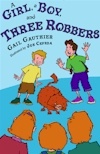
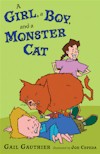
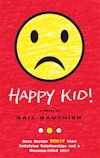
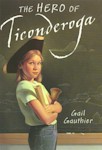
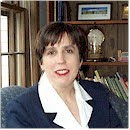



0 Comments:
Post a Comment
<< Home